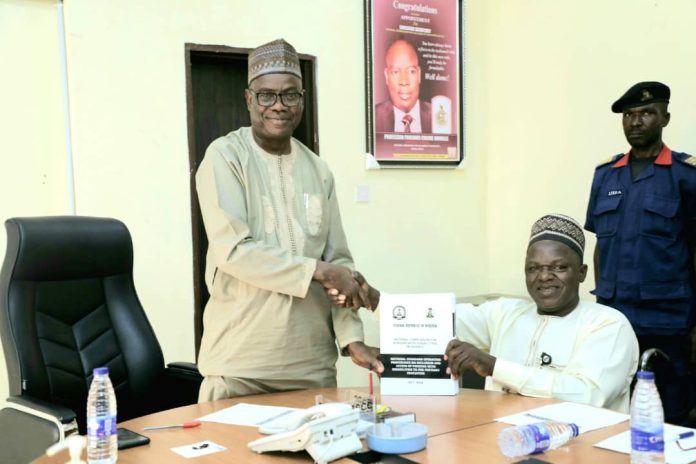Abuja, October 11, 2024 – The Executive Secretary of the National Commission for Persons with Disabilities (NCPWD), Ayuba Gufwan, has called for greater inclusion of students with blindness in Nigeria’s higher education system.
Speaking during a familiarization visit to the National Commission for Colleges of Education (NCCE), Gufwan stressed the need for reforms that would remove barriers preventing these students from accessing and excelling in tertiary institutions.
The meeting, held at the NCCE headquarters in Abuja, provided a platform for both commissions to discuss ways of fostering inclusive education. Gufwan highlighted some of the critical challenges faced by students with blindness, particularly the difficulties they encounter during admission processes.
In his address, the NCPWD Executive Secretary emphasized how subjects like mathematics pose significant hurdles for students with blindness seeking to pursue studies in the sciences or other technical disciplines. “Mathematics has become a major impediment for blind students who aspire to study sciences or related disciplines due to the limitations imposed by their condition,” Gufwan noted. He underscored the importance of developing accessible curricula that accommodate these students’ needs, ensuring they are not unjustly disqualified from pursuing their academic interests.
A Call for Inclusive Admission Policies
Gufwan revealed the NCPWD’s willingness to collaborate with NCCE to ensure that screening processes for students with disabilities at tertiary institutions are restructured to foster equity. “Our goal is to ensure that persons with disabilities are given fair consideration at the admission stage,” he said, stressing that inclusion is crucial in creating an education system where no one is left behind.
He further explained that disability inclusion at the institutional level requires not just physical accessibility but also the adaptation of teaching methods, course materials, and examination processes. This, Gufwan argued, would help students with disabilities compete on an equal footing with their peers, while also contributing to Nigeria’s educational development.
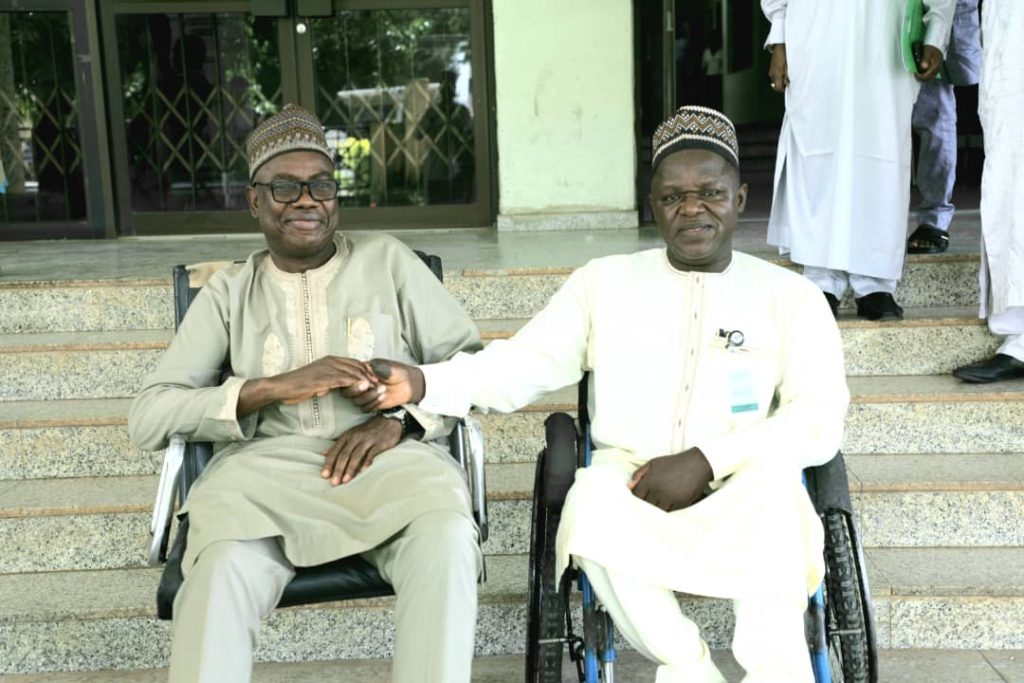
NCCE’s Commitment to Inclusive Education
In his welcome remarks, the Executive Secretary of the National Commission for Colleges of Education, Prof. Paulinus Chijioke Okwelle, acknowledged the importance of Gufwan’s advocacy and reaffirmed NCCE’s commitment to fostering inclusive education. Prof. Okwelle described the NCCE as the regulatory body overseeing more than 200 higher institutions of learning in Nigeria, with a mandate to shape the educational landscape.
He emphasized the vital role of education in national development, stating, “No nation can rise above the capacity of its education.” According to Prof. Okwelle, ensuring equitable access to education for all students, including those with disabilities, is fundamental to building a prosperous and progressive society.
Prof. Okwelle also revealed that the ongoing curriculum review at NCCE would incorporate specific inputs from the NCPWD, ensuring that the needs of persons with disabilities are integrated into the new educational framework. “We are committed to examining all barriers that hinder access to education and will take the necessary steps to correct areas of discrimination against persons with disabilities,” he assured.
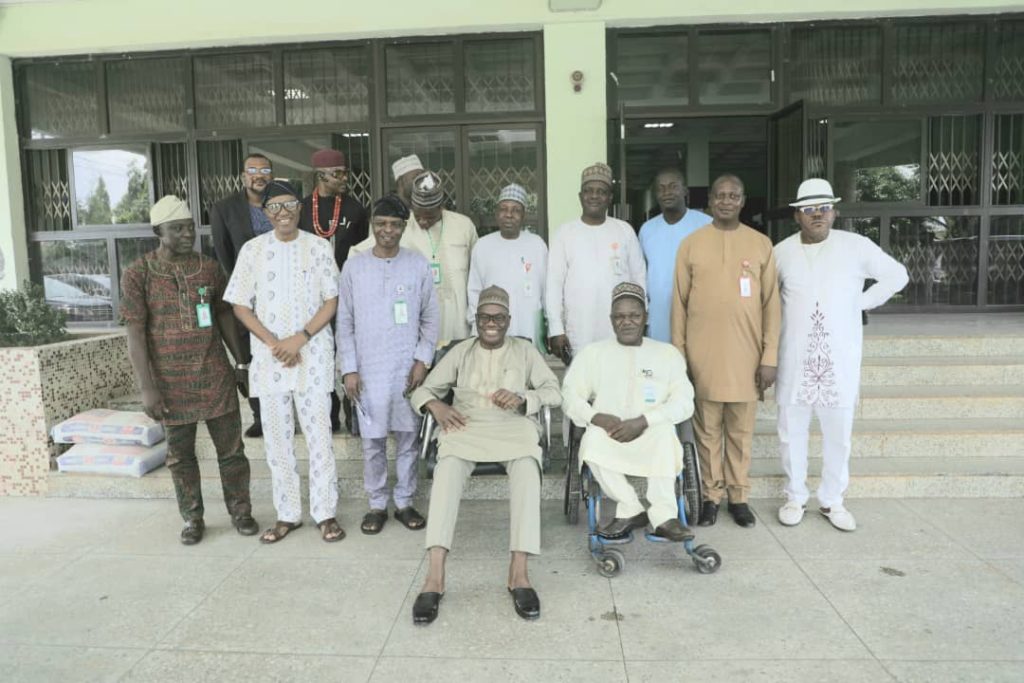
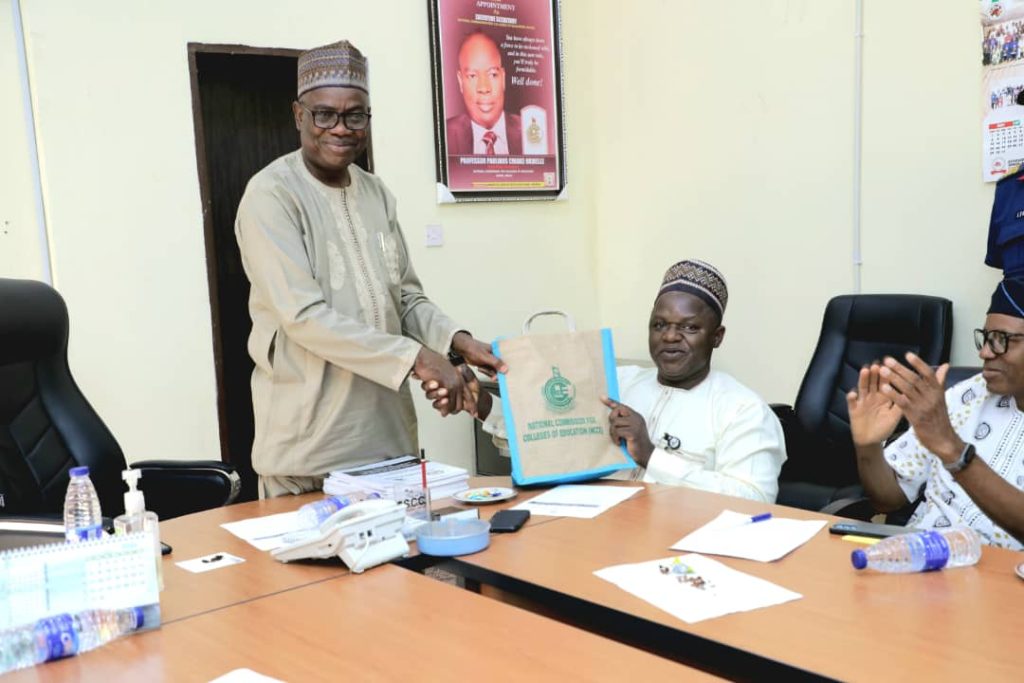
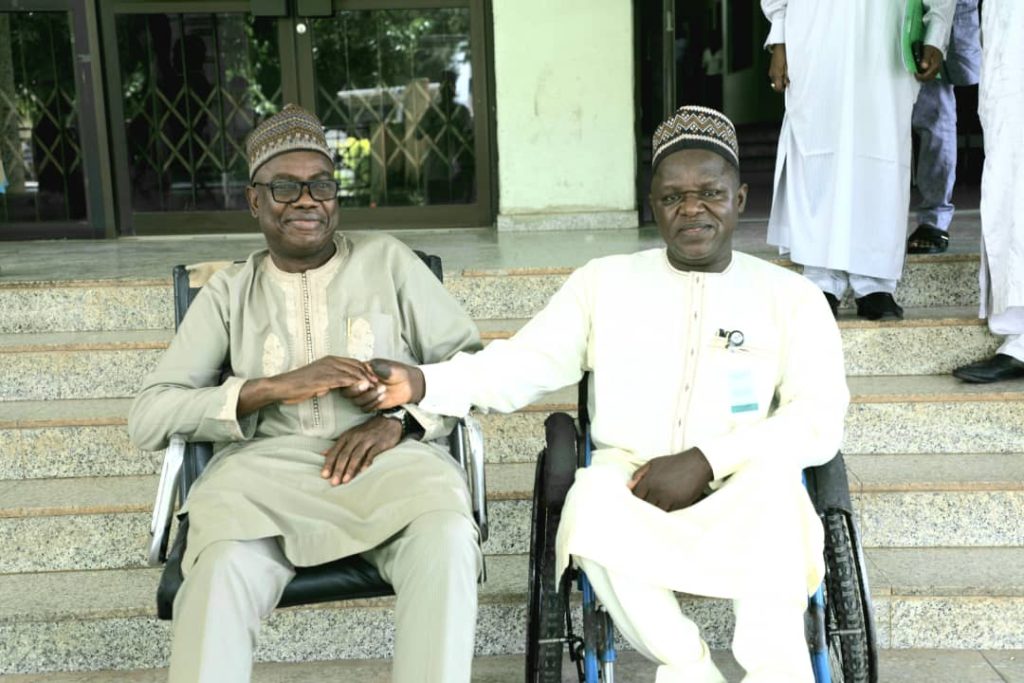
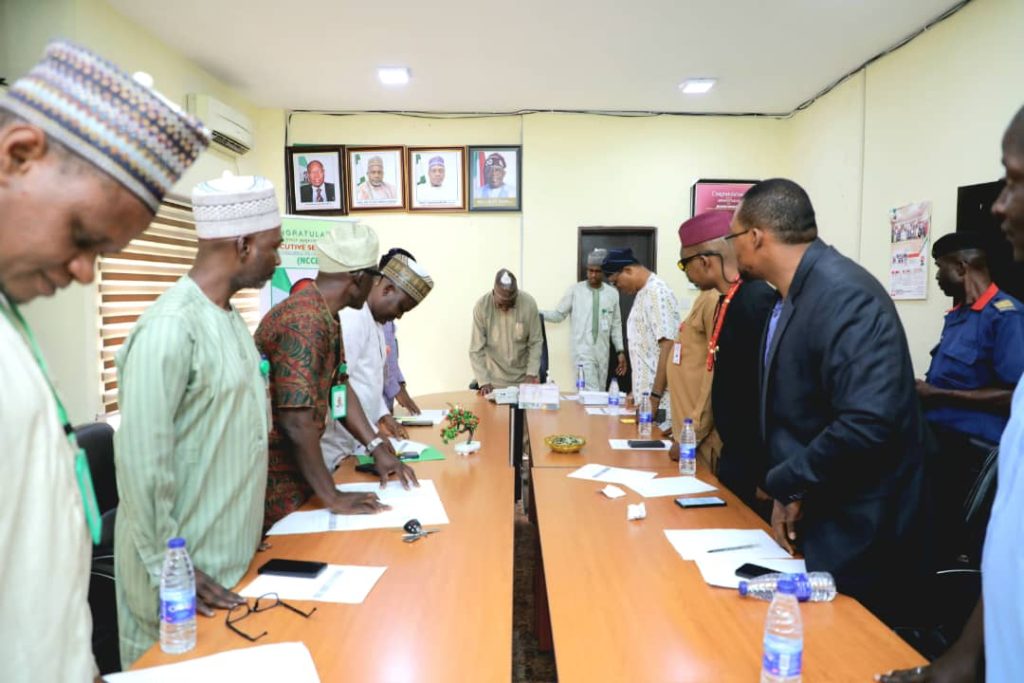
Towards a More Inclusive Future
The meeting between NCPWD and NCCE marks a crucial step towards a more inclusive educational system in Nigeria. With both commissions expressing their readiness to collaborate, the event signals a renewed commitment to eliminating systemic barriers and promoting accessible education for all.
Gufwan’s advocacy aligns with the global push for inclusive education as outlined in the Sustainable Development Goals (SDG 4), which seeks to ensure inclusive and equitable quality education for all. The NCPWD’s engagement with NCCE also reflects the growing recognition that students with disabilities must be supported with adaptive resources, policies, and curricula that enable them to thrive.
This collaboration, if fully implemented, could set a precedent for other institutions in Nigeria to rethink their admission processes and curricular designs, ensuring that no student is excluded from the pursuit of higher education due to disability.
The event concluded with both commissions expressing optimism about the future of education for persons with disabilities in Nigeria. With a shared vision of inclusion and equity, NCPWD and NCCE pledged to continue working together to create an academic environment that values diversity and empowers all students to reach their full potential.
The National Commission for Persons with Disabilities and the National Commission for Colleges of Education are expected to meet again in the coming months to review progress and discuss the next steps toward implementing these critical changes.
This engagement underscores the power of partnerships between government agencies and advocacy bodies to address the unique challenges faced by marginalized groups and build a more inclusive society where every individual, regardless of ability, has the opportunity to succeed.

